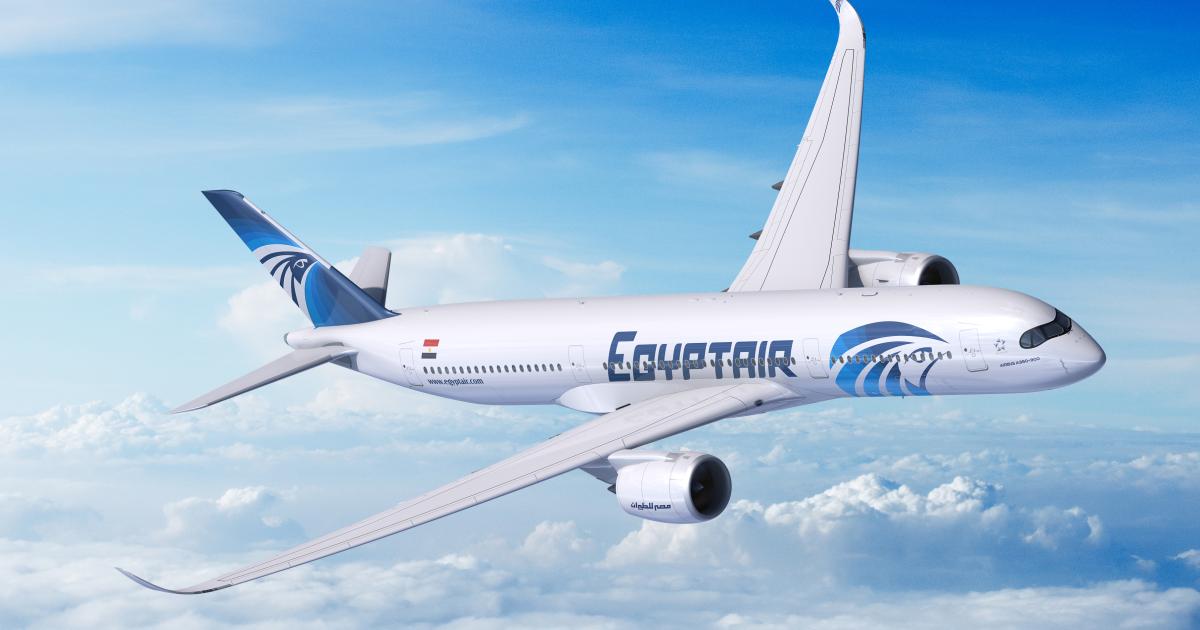
Why is aircraft fleet expansion so important? Aircraft fleet expansion is crucial because it boosts a country's economic growth, enhances connectivity, and improves national security. Expanding fleets means more jobs, better travel options, and increased trade opportunities. Airlines can offer more routes, reduce travel time, and provide better services. Additionally, modern aircraft are more fuel-efficient and environmentally friendly, reducing carbon footprints. Fleet expansion also supports technological advancements, leading to safer and more reliable air travel. In short, expanding an aircraft fleet is not just about adding more planes; it's about fostering economic development, improving global connectivity, and ensuring a sustainable future.
Key Takeaways:
- The demand for air travel is growing rapidly, leading to a significant increase in aircraft fleets. Newer, more fuel-efficient planes are being introduced to meet this demand and reduce environmental impact.
- Aircraft fleet expansion has a big impact on the economy, creating jobs and boosting tourism and global trade. However, challenges like high costs and pilot shortages need to be addressed for sustainable growth.
The Growing Demand for Air Travel
Air travel has become an essential part of modern life. With more people flying than ever before, airlines are expanding their fleets to meet this demand. Here are some fascinating facts about aircraft fleet expansion.
-
Global Air Traffic Growth: The International Air Transport Association (IATA) predicts that global air traffic will double by 2037. This surge in demand is driving airlines to increase their fleets significantly.
-
New Aircraft Orders: Boeing and Airbus, the two largest aircraft manufacturers, have received thousands of new aircraft orders in recent years. These orders are a clear indicator of the growing need for more planes.
-
Fleet Modernization: Airlines are not just expanding their fleets; they are also modernizing them. Newer aircraft are more fuel-efficient and environmentally friendly, helping airlines reduce their carbon footprint.
Technological Advancements in Aircraft
Advancements in technology have played a crucial role in the expansion and modernization of aircraft fleets. These innovations have made flying safer, more efficient, and more comfortable.
-
Fuel Efficiency: Modern aircraft like the Boeing 787 Dreamliner and the Airbus A350 are designed to be more fuel-efficient. This reduces operating costs for airlines and lowers ticket prices for passengers.
-
Composite Materials: Newer aircraft are built using advanced composite materials, making them lighter and more durable. This contributes to better fuel efficiency and longer aircraft lifespans.
-
Advanced Avionics: Modern avionics systems enhance navigation, communication, and flight control, making flying safer and more reliable.
Environmental Considerations
As the aviation industry grows, so does its impact on the environment. Airlines and manufacturers are taking steps to mitigate this impact through various initiatives.
-
Carbon Offsetting: Many airlines now offer carbon offset programs, allowing passengers to compensate for the emissions generated by their flights.
-
Sustainable Aviation Fuel (SAF): Airlines are investing in sustainable aviation fuels, which produce fewer carbon emissions compared to traditional jet fuel.
-
Electric and Hybrid Aircraft: Research and development are underway for electric and hybrid aircraft, which could revolutionize the industry by significantly reducing emissions.
Economic Impact of Fleet Expansion
The expansion of aircraft fleets has a significant economic impact, creating jobs and boosting economies around the world.
-
Job Creation: The aviation industry supports millions of jobs globally, from pilots and flight attendants to engineers and airport staff.
-
Tourism Boost: Increased air travel facilitates tourism, which is a major source of revenue for many countries.
-
Global Trade: Air cargo plays a vital role in global trade, enabling the rapid transport of goods across continents.
Challenges in Fleet Expansion
Despite the benefits, expanding aircraft fleets comes with its own set of challenges. Airlines must navigate these obstacles to continue growing.
-
High Costs: Purchasing new aircraft and maintaining existing ones require substantial financial investment.
-
Pilot Shortage: The aviation industry is facing a shortage of qualified pilots, which could hinder fleet expansion efforts.
-
Regulatory Hurdles: Airlines must comply with stringent regulations and safety standards, which can be time-consuming and costly.
Future Trends in Aircraft Fleet Expansion
Looking ahead, several trends are likely to shape the future of aircraft fleet expansion. These trends will influence how airlines operate and grow.
-
Urban Air Mobility: The development of urban air mobility solutions, such as air taxis, could transform short-distance travel in cities.
-
Supersonic Travel: Companies are working on developing supersonic aircraft that can drastically reduce flight times, potentially revolutionizing long-haul travel.
The Future of Aircraft Fleet Expansion
Aircraft fleet expansion is a fascinating topic. It’s not just about adding more planes but also about innovation, efficiency, and sustainability. Airlines are constantly looking for ways to improve their fleets with newer, more fuel-efficient models. This helps reduce costs and environmental impact.
Technological advancements play a huge role. From better materials to advanced avionics, these innovations make flying safer and more efficient. The demand for air travel is growing, and airlines must keep up by expanding and modernizing their fleets.
Understanding these facts gives us a glimpse into the future of aviation. It’s clear that the industry is evolving rapidly. As airlines continue to expand their fleets, we can expect even more exciting developments in the years to come. So next time you board a plane, remember the incredible journey of innovation that got you there.
Frequently Asked Questions
Was this page helpful?
Our commitment to delivering trustworthy and engaging content is at the heart of what we do. Each fact on our site is contributed by real users like you, bringing a wealth of diverse insights and information. To ensure the highest standards of accuracy and reliability, our dedicated editors meticulously review each submission. This process guarantees that the facts we share are not only fascinating but also credible. Trust in our commitment to quality and authenticity as you explore and learn with us.


